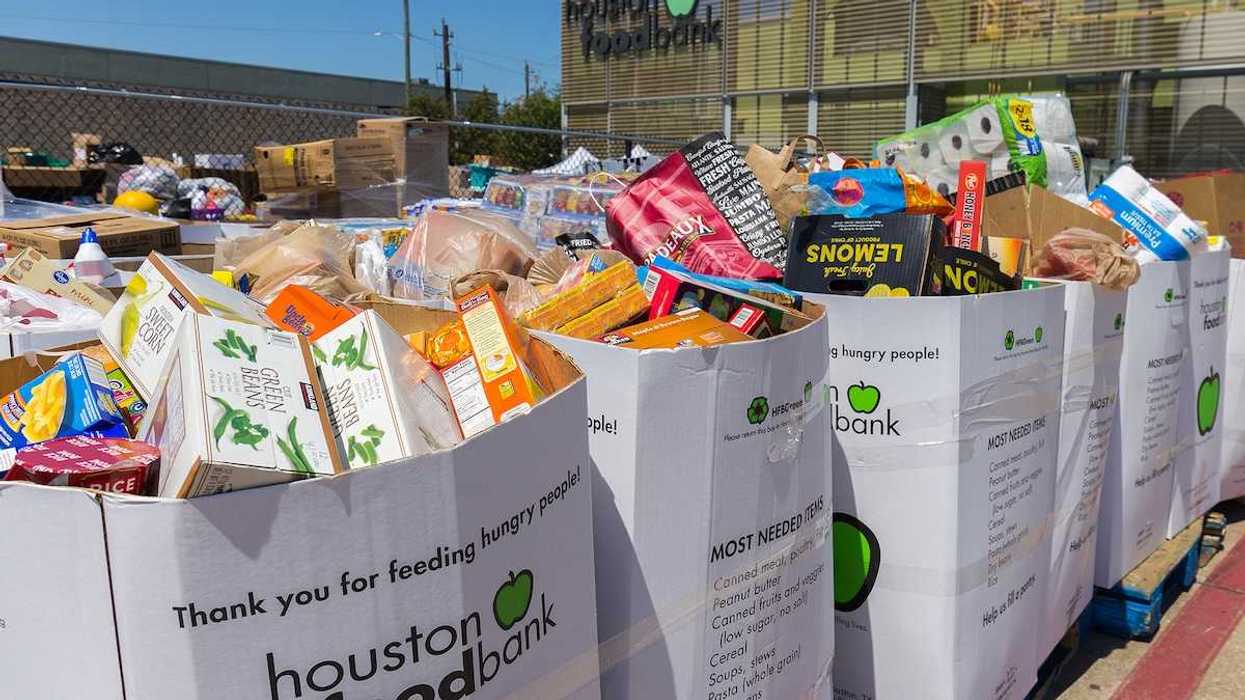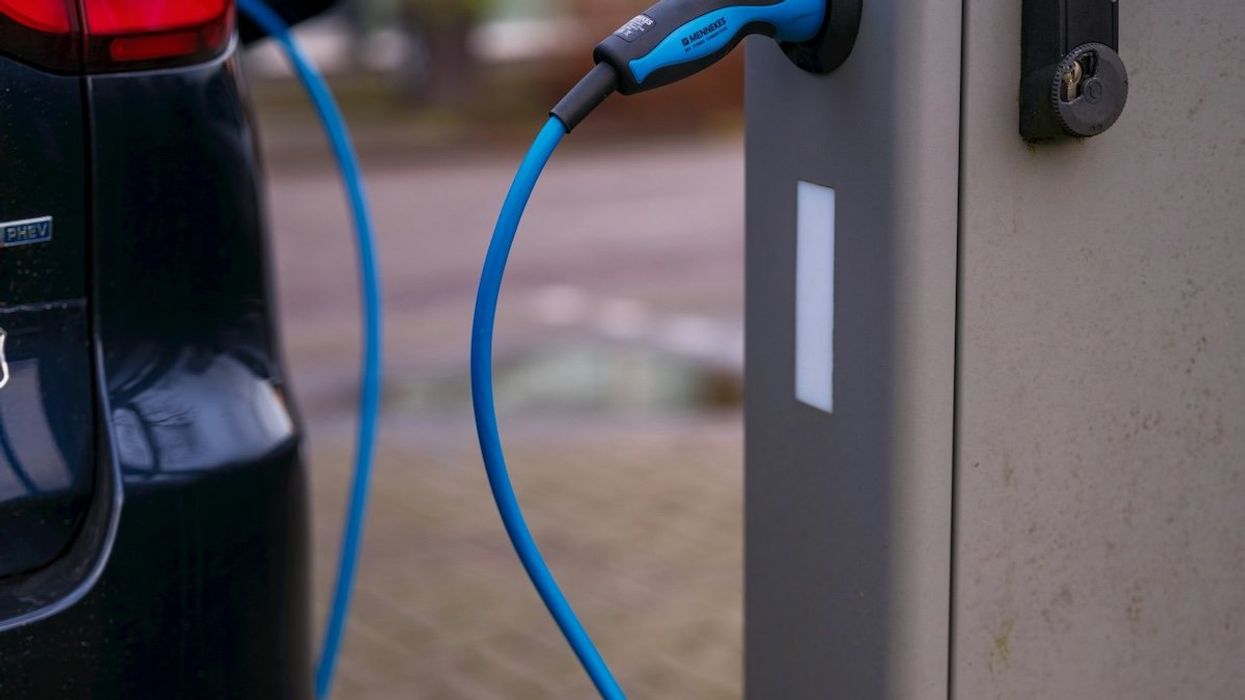Dog owners trying to reduce their environmental impact face a messy dilemma as compostable and biodegradable bags prove less green than they appear.
Kate McCusker reports for The Guardian.
In short:
- Over 1,000 tonnes of dog poop hit UK ground daily, with plastic bags used to collect it lingering in landfills for centuries and breaking down into harmful microplastics.
- So-called eco-friendly alternatives like compostable or biodegradable bags often don’t decompose properly when landfilled and can mislead users into littering, further polluting natural spaces.
- Experts warn that even unbagged waste left in nature harms ecosystems by overfertilizing soil, reducing plant biodiversity, and threatening local flora.
Key quote:
“People don’t clearly understand what buying a biodegradable bag means.”
— Karl Williams, director of the Centre for Waste Management at the University of Central Lancashire
Why this matters:
The intersection of pet ownership and sustainability is growing more important as urbanization and rising dog populations strain waste infrastructure and ecosystems. While many dog owners are well-intentioned, efforts to "go green" with eco-labeled bags often fall short — because these products are rarely composted under the industrial conditions required for proper breakdown. Worse still, misleading labels can encourage users to leave bags in forests and parks, adding to microplastic pollution. But even ditching bags for the so-called “stick and flick” method doesn’t solve the problem, contributing to polluting runoff and sometimes over-fertilizing the land. The best-intended actions can backfire without clearer public messaging, better infrastructure, and increased awareness of environmental tradeoffs.
Read more:














